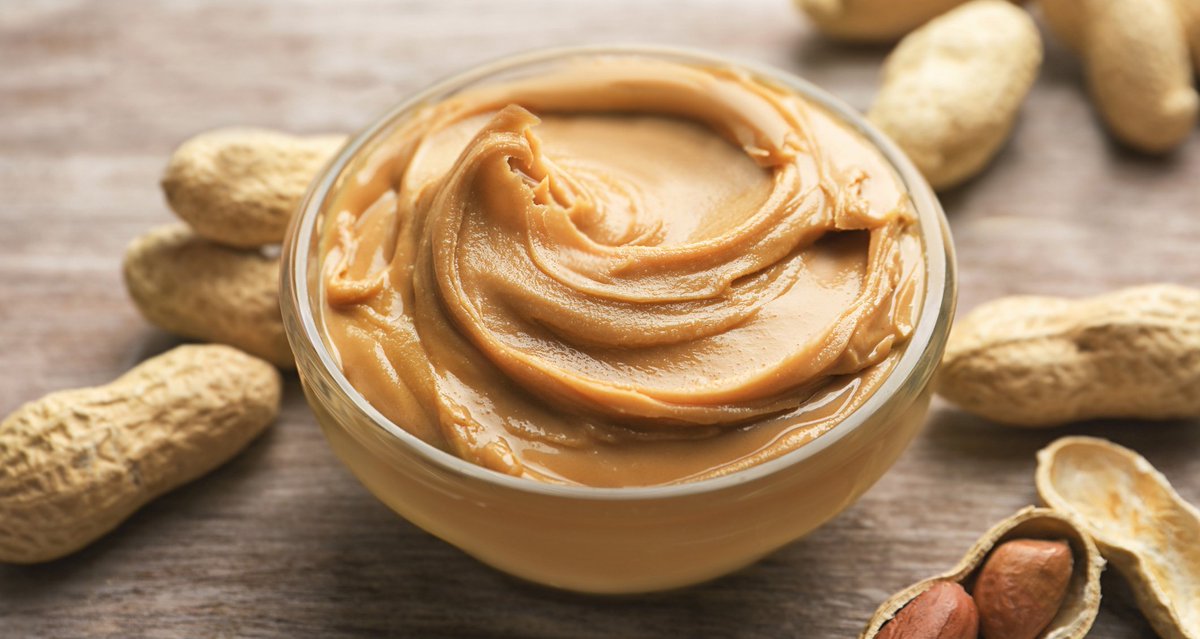#Thread on Tantra
The word ’Tantra’ literally means ‘loom’ in Sanskrit. There are several differing explanations as to what this word means. According to one source, this name is supposed to be a pun, and in order to understand it, one has to first understand the word ‘sutra’.
The key texts of Hinduism are known as sutras, a word which also means ‘formula or thread’. Therefore, if a sutra is a single thread of thought, then Tantra would be the loom that produces these threads of thoughts into a whole system of thoughts.
As a comparison, another source suggests that Tantra is a combination of two words, ‘tattva’ and ‘mantra’, which mean the science of cosmic principles and the science of mystic sound and vibration respectively.
In other words, Tantra may be regarded to be “the application of cosmic sciences with a view to attain spiritual ascendancy.”
In the beginning of Satyuga, Lord Shiva appeared in the form of Swacchandanatha, with his five mukha(mouth), namely Ishana, Tatpurusha, Sadyojata,
Vamadeva & Aghor. These mukhas represent his 5 energies, namely, Consciousness, Bliss, Will, Knowledge & Action. He manifested Tantras through his 5 mukhas (energies), some given by each of his mouth while others recited by him through two or more than two mouths simultaneously.




























